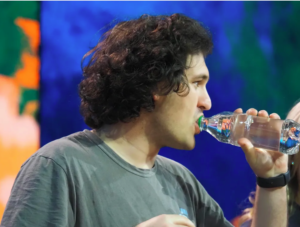Breast Cancer – Drug Helps Fight Early-Stage

Breast Cancer
Breast Cancer – A twice-daily pill can dramatically reduce the risk of breast cancer recurrence in women who are genetically prone to the disease, researchers report.
The pill — olaparib (Lynparza) — works by blocking a natural enzyme called PARP that normally fixes DNA damage in healthy cells, but in these women actually promotes the growth of cancerous cells.
Early high-risk breast cancer patients taking olaparib for a year had a 42% reduced risk of cancer recurrence or death compared to those given a placebo, said lead researcher Dr. Andrew Tutt, director of the Breast Cancer Now Toby Robins Research Centre at the Institute of Cancer Research in London.
“Patients who received olaparib after surgery and chemotherapy were more likely to be alive without cancer and avoid metastasis than the patients who received placebo,” he said.
These results were presented Thursday at an online meeting of the American Society of Clinical Oncology. Findings presented at meetings should be considered preliminary until published in a peer-reviewed journal.
Read Also – Lekki tollgate: three bodies deposited at morgue – Pathologist
Olaparib already is approved to treat patients with metastatic breast cancer who have mutations in the BRCA1 or BRCA2 genes. These genes typically suppress cancer, but mutations actually increase cancer risk for some people.
About 5% of breast cancers are associated with BRCA1 or BRCA2 mutations, Tutt noted.
Breast cancers that occur due to BRCA1 or BRCA2 mutations rely on the PARP enzyme to remain alive, grow and divide. Drugs called PARP inhibitors take advantage of this fact to block the enzyme and prevent the cancer from coming back.
In this clinical trial, more than 1,800 patients with stage 2 to 3 breast cancers treated with surgery and chemotherapy were randomly assigned to take either 300 milligrams of olaparib or a placebo twice a day for a year.
Patients on olaparib had a three-year invasive disease-free survival rate — no recurring breast cancer or other new cancers — of about 86%, compared with 77% for those taking a placebo, the findings showed.
Source – https://www.newsmax.com/





